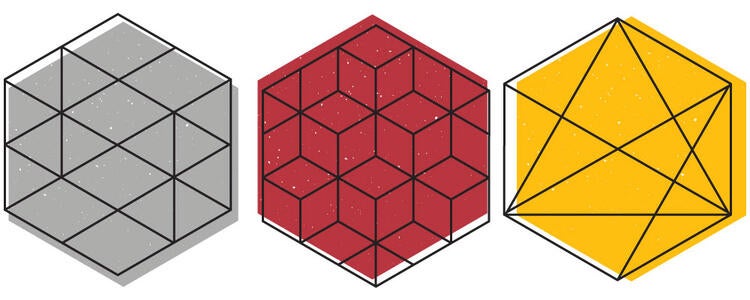Who is eligible to apply?
You should apply for the Provosts Postdoctoral Program for Black and Indigenous scholars if:
- You are an emerging scholar who identifies as Black or Indigenous*;
- You are proposing work that is transformative and of societal importance; and
- You are eager to contribute to and benefit from an evolving community of scholars whose diversity of perspectives and lived experiences contribute to a more inclusive, and enlightened, University community.
*For the purpose of this fellowship, an Indigenous person is one who is a citizen or member of a First Nations (Status/Non-Status), Métis, Inuit community as defined in the Canadian Constitution Act 1982. According to the University’s Equity Data Strategy, Black applicants may include those of African, Caribbean, Black Canadian, Afro-Latine, African American, or other African descent.
All qualified candidates regardless of citizenship status are encouraged to apply; however, Canadians and permanent residents of Canada will be given priority.
Applicants to the 2024 Provost’s Program for Black and Indigenous Postdoctoral Scholars must fulfill or have “fulfilled all degree requirements”** for a PhD:
- Between July 1, 2020 and July 1, 2024 (inclusively)
For applicants who have completed more than one PhD, the eligibility window applies to the most recent of the degrees.
The window of eligibility can be extended by a cumulative maximum of two years if the applicant had their academic career interrupted for one or more of the following reasons:
- Parental leave
- Illness
- Health-related family responsibilities
- Mandatory military service
- Attention to matters of cultural or community significance
- Disruptions due to war, civil conflicts and/or natural disasters in a country of residence
Interruptions used to extend the eligibility window for degree completion must have occurred after the “fulfillment of the degree requirements” and before the application submission deadline.
**“Fulfilled all degree requirements” refers to the date that all degree requirements were met, including thesis defence corrections and submission of thesis. It does not refer to the convocation date.
Eligibility restrictions:
- Applicants who currently hold a tri-agency postdoctoral fellowship (Banting, CIHR, NSERC, SSHRC) are eligible to apply for the Provost’s Program for Black and Indigenous Postdoctoral Scholars only if the term of that funding officially ends prior to the start of the Provost’s Program for Black and Indigenous Postdoctoral Scholars.
- Applicants must not hold a tenure-track or tenured faculty position, nor can they be on leave from such a position.
- Applicants who submit an application to the Provost’s Program for Black and Indigenous Postdoctoral Scholars can not apply to the Provost’s Program for Interdisciplinary Postdoctoral Scholars or the AMTD Waterloo Global Talent Postdoctoral Fellowship Program.
- The Provost’s Program for Black and Indigenous Postdoctoral Scholars is non-renewable and is issued for the duration initially awarded. It can only be held once in a lifetime. Successful receipt of the Provost’s Program for Black and Indigenous Postdoctoral Scholars may prohibit scholars from holding any other University of Waterloo-funded postdoctoral fellowships.
- Successful scholars must be able to start their appointments no later than January 1, 2025. One of the goals of this program is to create a community of scholars from the same competition year. Scholars unable to start an appointment by January 1, 2025 are encouraged to apply for the next round of competition if still eligible.
- While adjunct faculty or faculty members associated with one of the University Colleges (e.g., Conrad Grebel, Renison, St. Jerome’s, United College (formerly St. Paul’s)) are able to support an application, a co-supervisor who is a fully appointed faculty member at Waterloo, must also support the application.
What are the selection criteria?
Tackling issues of societal importance, gaining better understanding of human experiences and the human dimensions of global challenges, and supporting interdisciplinary research teams are some of the key goals of this program. Applicants whose research work intersects with the University of Waterloo’s strategic research strengths or whose work advances novel approaches and solutions to complex global challenges are especially encouraged to apply.
The program seeks to attract emergent scholars who challenge and advance their disciplines, and the global community. The University seeks candidates who have demonstrated:
- Academic excellence;
- Research productivity; and
- Synergy between applicant’s research interests and Waterloo’s strategic priorities.










